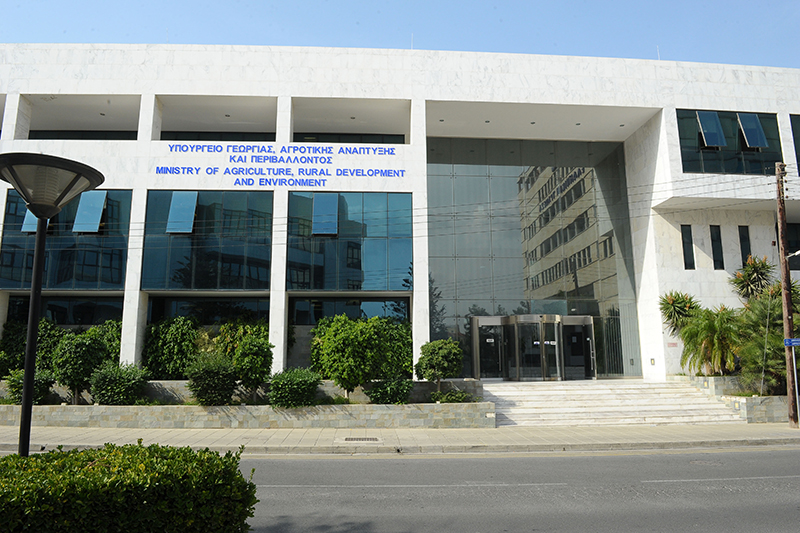The import of potatoes from abroad does not reflect a shortage in Cyprus, but rather the rising prices that are driving up imports, according to the agriculture ministry.
Potato farmers in the past week have been voicing concerns regarding a potential lack of potatoes on the cards, with a potential increase in the imports of the product.
However, according to agriculture ministry spokesperson Elena Fysentzou, imports of potatoes from EU countries have been common for several years and fluctuate depending on the prices.
“Imports generally rise when potatoes are more expensive, but it’s not uncommon for Cyprus to import the product, regardless of the fact that the country produces its own,” she told the Cyprus Mail.
“What happens in most cases is that whenever the price of potatoes goes up, imports are increase and that is true for the opposite as well.”
According to Fysentzou, there is currently no indication of a potato shortage in the country.
“We cannot know what will happen in the next weeks or months, but we are not dealing with a potato shortage at the moment,” she said.
On Wednesday, the president of the Cyprus Potato Farmers Association Andreas Karyos said potatoes are nearly 60 per cent more expensive compared to the same period last year.
However, he also said it is unfair to compare price changes without considering the factors driving the increase.
“We had a heatwave in June, which affected potatoes that had not been harvested by the end of May,” he said. “These were the potatoes meant for the local market. The issue was exacerbated by water shortages.”
Secondly, Karyos said that last winter there were only two instances of rainfall in the Famagusta region, both of which were intense storms that damaged the potato crops.
“In addition to these challenges, there is the rising cost of electricity, which has impacted the operating expenses of cold storage facilities,” Karios explained, adding that intermediaries, supermarkets, and fruit markets earn a percentage-based profit, without any regulated price ceiling.







Click here to change your cookie preferences